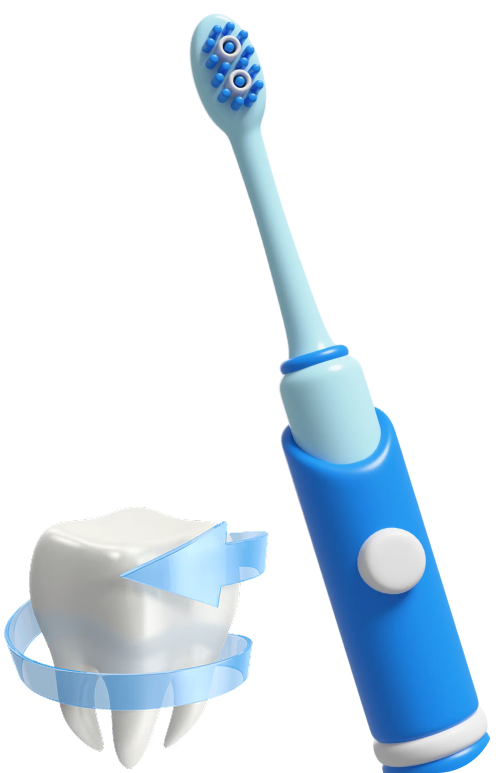If you have lost teeth or are facing a future extraction, you might be worried about how the loss might impact your life. The good news is that while losing teeth can be a serious detriment to both your health and your confidence, dental implants can help you avoid the vast majority of negative consequences. As a local Colorado Springs dentist, we have seen firsthand the positive difference implants can make in our patients’ lives. Would you like to learn more? Let’s talk about how dental implants work!
How do dental implants function?
Dental implants are more than just dentures. They do not exist solely to look aesthetically pleasing or to hold teeth in place, in other words, but rather to act as replacement teeth. This is possible because dental implants eventually fuse to your jawbone just like natural teeth and function just the way you expect the rest of your teeth to work. More specifically, you can expect to eat and speak normally with your dental implant once it has healed.
Can dental implants be removed?
We know that dental implants become part of your jawbone to provide permanent tooth replacement, but can they be removed if necessary? Yes, dental implants can be removed by a reliable family dentist in Colorado Springs. However, this is not typically necessary or recommended unless the implant has been damaged or compromised in some way or further health conditions make the removal unavoidable.
How long do dental implants last?
Dental implants are considered a permanent tooth replacement, but do they really last forever? Dental implants can last a lifetime when placed by a skilled dentist and accompanied by good oral hygiene. Many people need to replace the crown every 20 to 25 years, but the actual implant itself can last indefinitely.
Would you like to learn more about dental implants? Our experienced Colorado Springs family dentistry staff is here to answer your questions and concerns. Reach out to us today!


















